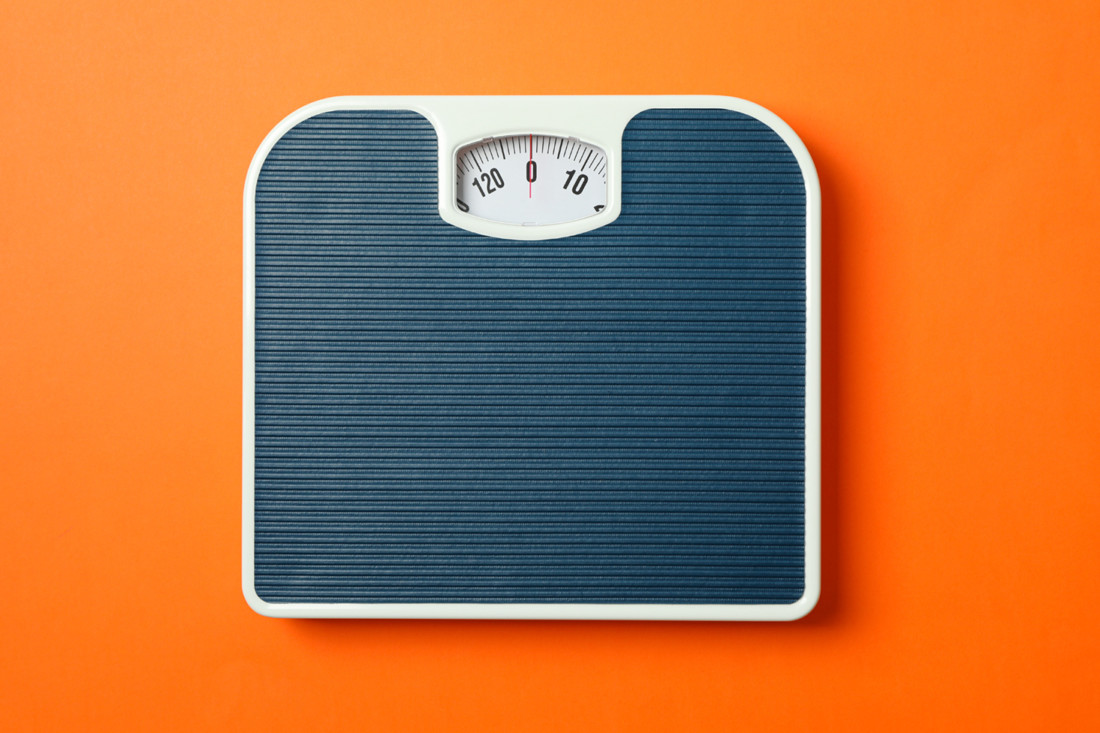ALMOST all of us will have heard the term ‘fat club’ used in the GAA at some stage throughout our lifetime. The majority of time this is a means to have a little craic between teammates while driving a group of players, all with a common goal, to manipulate their body composition over a certain period of time.
But can we guarantee that every player within that group chat has taken this as merely ‘craic’ without it resonating somewhat deeper?
We sometimes assume that each individual can shake off comments and specific terms such as ‘fat, chubby, skinny or lanky’ as banter without considering the damaging effects such terminology has on an individual’s relationship with food and their own body.
Last week, we celebrated ‘Eating Disorders Awareness Week’ whereby a light was shone on an array of disorders (including disordered eating and body dysmorphia) that can commonly be seen as ‘taboo’ topics within today’s society.
Throughout the past week, I was fortunate enough to chat to some amazing athletes, who shared their stories of their journeys dealing with disordered eating, stemming from pressure to conform to an idealistic body shape/composition.
However, a common theme throughout these individuals’ experiences, was that these athletes didn’t recognise they needed help initially, therefore keeping their head down and accepting these anxieties and stresses as ‘normal’.
In fact, a recent study found that almost one quarter of male amateur athletes showed disordered eating behaviours which were associated with body image dissatisfaction.
So, my question to you is – are we ok to live with this statistic within our sport?
Naturally, within a sporting environment, we strive to better our athletes in all elements of their performance, with many athletes striving for body composition manipulation to further their athletic performance.
For many younger GAA players, this may be striving for mass gain during key periods of growth to support the demands of the game including power, strength and dominance in collisions.
Conversely, for other athletes (usually at a higher training age), it may be minimising body fat to support speed and fitness goals. Every individual will be different. But what are we doing as an organisation to support our players and their body composition goals?
Do our youth players understand how to safely and effectively fuel for growth, development and performance or are they significantly underfuelling because they were told they had to lose ‘puppy fat’?
Our messaging must be ethical. Our messaging must be accurate. Our messaging must be evidence based. Our messaging must be considerate of our athlete.
As an organisation, it is our duty to our players to nurture an environment that supports development and goal setting in a safe and responsible manner, without potentially creating or furthering existing body dissatisfaction with our players. An athlete is also a person, with existing sensitivities and insecurities. Don’t assume we will all shake off unethical language as ‘banter’.
We all should take some time to review our practice as support staff within the GAA. Have you ever told a player to put on mass? Have you considered what type of mass this player should be working towards (i.e. lean muscle or fat mass)? Have you had the discussion with this player around managing expectation for this mass gain (e.g. aim for 1kg lean mass gain per month)? Have you looked for support from a qualified practitioner to provide safe advice to help meet this mass goal?
Constant commenting on an individual’s body image is not an ethical or effective way of motivating your athlete. It can be more damaging than beneficial.
So, as practitioners, how can we nurture a motivating, yet safe environment to nourish healthy relationships with our bodies and food, while targeting performance work-ons?
Consider the language used around your players.
Avoid using discouraging language such as ‘fat’, ‘skinny’, ‘chubby’, or ‘lanky’ when discussing body composition. Try motivating your players by driving body composition goals through performance benefits.
In addition, avoid labelling foods as ‘clean’, ‘cheat’, ‘good’ or ‘bad’. We shouldn’t feel guilt or remorse after consuming certain foods.
It is key to nourish healthy relationships with food amongst your athletes to avoid fears and hesitancy around eating.
Utilise qualified practitioner services to educate players and coaching members on understanding nutrition and body composition clearly. Remember: scales only tell one side of the story and cannot differentiate between muscle and fat mass! But do our players truly understand this?
Seek help if you detect unhealthy traits among your athletes such as:
– Excessively exercising to ‘make up for bad foods’ consumed.
– Chronically ‘dieting’ or having abnormal eating patterns.
– Obsessively counting calorie contribution of foods.
– Hyper-awareness of body weight.
Look for the signs and reach out to a qualified dietitian or medical doctor for further assistance and guidance on dealing with this situation.
Educate your players on both the health and performance risks associated with disordered eating, underfuelling and low body weight e.g. low bone mineral density, increased injury risk and increased illness risk to name a few. In some cases, awareness of negative implications can act as a motivating tool to overcome these barriers.
Invest in your athletes by employing qualified individuals who base their practice on up-to-date evidence-based information. Avoid snake oil salesmen selling the dream. We need consistency in messaging, not confusion!
Take the time to consider the environment we are creating for our athletes to ensure we are supporting each player at whatever stage they are at. Call out unethical behaviour and put a stop to weight shaming and ‘fat club’. Invest in your player who is investing in you.
Anne Marie is a Sport Dietitian who works with Derry GAA and Ulster Rugby. Contact her for more information @theperformancedietitian or via email on annemariemulholland
nutrition@outlook.com.
Receive quality journalism wherever you are, on any device. Keep up to date from the comfort of your own home with a digital subscription.
Any time | Any place | Anywhere












